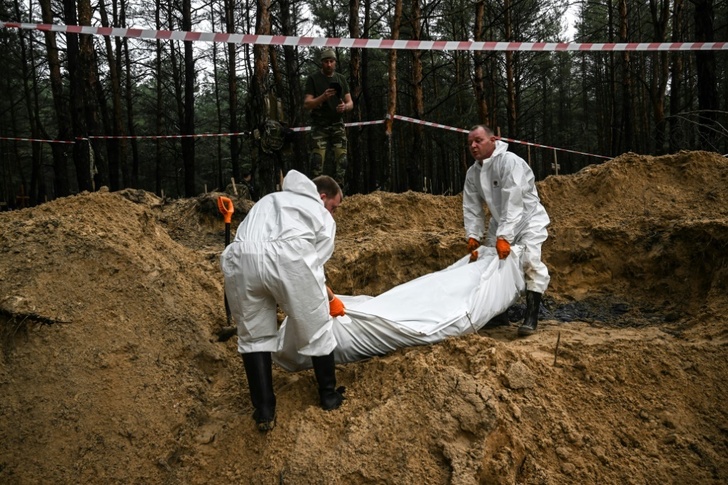Ukraine said Friday it had counted some 450 graves at a site near Izyum after recapturing the strategic eastern city from the Russians, a discovery that Kyiv likened to atrocities seen in Bucha and Mariupol.
After recovering swathes of territory in a lightning counter-offensive in the east, the Ukrainian authorities also said they had discovered at least 10 "torture centres" around the Kharkiv region. Police chief Igor Klymenko said two of the sites were found in northeastern Balakliya.
Ukrainian officials said some 450 graves had been counted at a single site near Izyum.
"This is just one of the mass burial sites discovered near Izyum. In the occupied territories, rampant terror, violence, torture and mass murders have been reigning for months," senior presidential aide Mykhaylo Podolyak said.
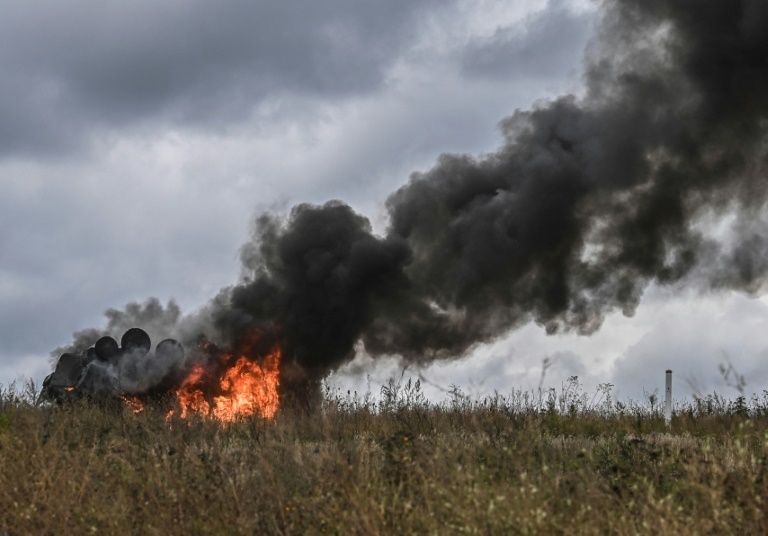
At a location near Izyum, AFP journalists saw graves topped with crosses and marked with numbers, with one inscription reading: "Ukrainian army, 17 people. Izyum morgue."
A regional police official, Sergei Botvinov, told Sky News that an Izyum burial site held corpses that included people killed by shooting or in shelling.
Russia has been accused of carrying out attacks on civilians that amount to possible war crimes, particularly in towns outside the capital of Kyiv.
Dozens of civilians bearing signs of extrajudicial killings were found in places like Bucha, outside Kyiv, after they were recaptured by Ukraine's forces earlier this year.
- German military revamp -
The grim discoveries have coincided with fresh developments on the international front, including a White House announcement of a new package of up to $600 million in military aid for Ukraine.
Since Russia's invaded in Ukraine in February, the United States has provided Kyiv with more than $15 billion in military support, including long-range precision rocket systems.
German Chancellor Olaf Scholz warned that Europe must shoulder far more of NATO's burden as he branded President Vladimir Putin's Russia the "biggest threat" currently posed to the alliance.
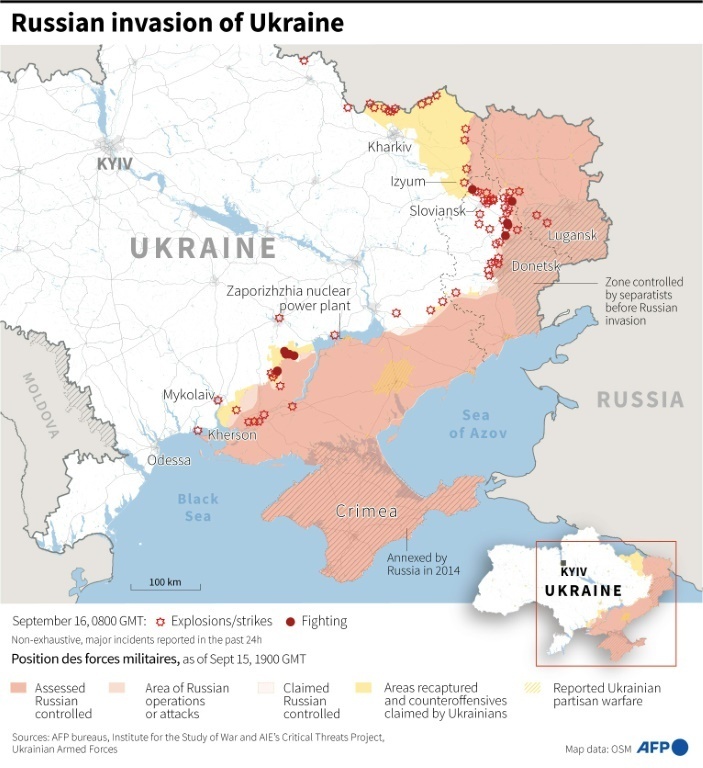
Germany was ready to take on a leading role in ensuring Europe's security, Scholz said, vowing to turn the country's armed forces into the "best equipped" on the continent.
Haunted by two world wars, Germany has always trod lightly and quietly on the world stage when it comes to conflicts and armament.
- 'New centres of power' -
European Commission chief Ursula von der Leyen on Thursday visited Kyiv for discussions with Ukraine's leaders about "getting our economies and people closer".
"You'll have your European friends by your side as long as it takes," von der Leyen told a news conference with Zelensky.
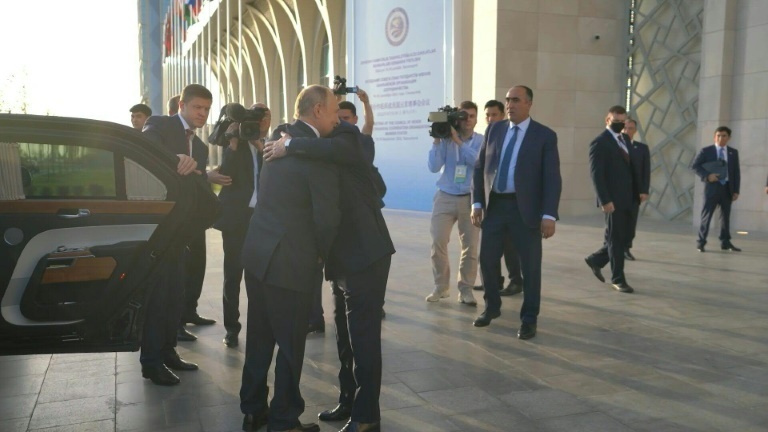
Many EU members have joined the US in supplying Kyiv with advanced weapons, enabling its forces this month to push the Russians out of thousands of square kilometres (miles) of territory.
EU countries have also hit Russia with economic penalties.
Berlin on Friday took control of the German operations of Russian oil firm Rosneft to secure energy supplies disrupted by the invasion.
Rosneft's German subsidiaries, which account for about 12 percent of oil refining capacity in the country, were placed under trusteeship of the Federal Network Agency, the economy ministry said.
The seizures come as Germany is scrambling to wean itself off its dependence on Russian fossil fuels. Moscow has stopped natural gas deliveries to Germany via the Nord Stream 1 pipeline.
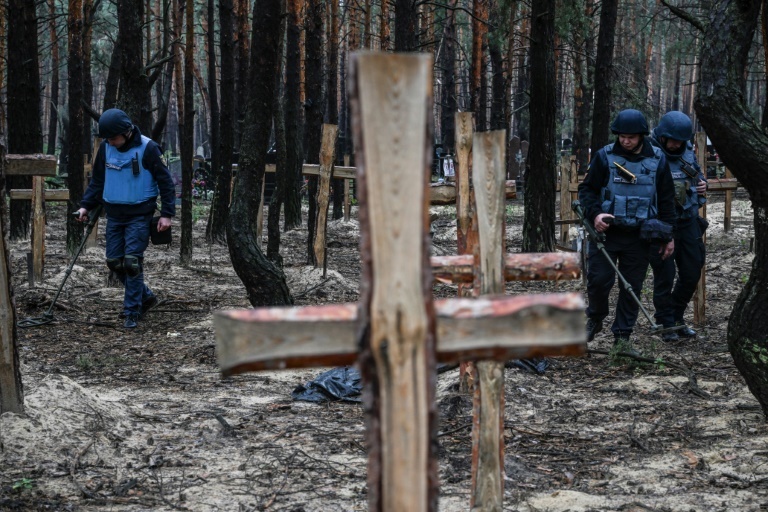
Putin hailed what he called the growing influence of "new centres of power" at the meeting of the Shanghai Cooperation Organisation (SCO) in ex-Soviet Uzbekistan.
bur-jmm/ri
© Agence France-Presse
Your content is great. However, if any of the content contained herein violates any rights of yours, including those of copyright, please contact us immediately by e-mail at media[@]kissrpr.com.
Source: Story.KISSPR.com

